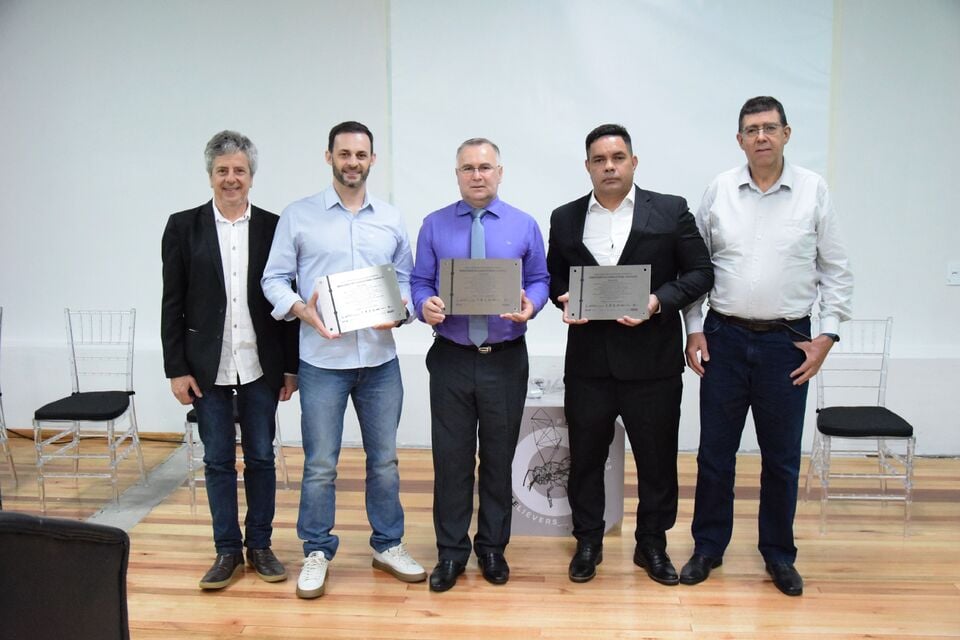In partnership with Fapesc, RNP inaugurates the Chapecó Metropolitan Network
Last Friday (3/10), Chapecó's Community Metropolitan Education and Research Network was inaugurated, connecting 12 points between universities, hospitals and research centers. The infrastructure is part of the Aggregation Points program of the Santa Catarina Academic Network (PARC), the result of cooperation between RNP and the Research and Innovation Support Foundation of the State of Santa Catarina (Fapesc).
PARC-Chapecó will have more than 50 km of optical fiber cables that will offer users access speeds of up to 6 Gb/s. The launch event was held at the Community University of the Chapecó Region (Unochapecó) and RNP was represented by the director of Engineering and Operations, Eduardo Grizendi.
“It is an honor and a great joy to be present at PARC. We are managing to interconnect, based on a very high quality optical network, all the research systems of our public and community institutions. We believe in a significant evolution, mainly in the field of research, with the increase in connection capacity. More than that, we will offer our students an improvement in Internet traffic”, celebrates Claudio Alcides Jacoski, Dean of Unochapecó. The manager considers that this network represents a "milestone" for research and extension developed at the University.
The Metropolitan Network will interconnect the following institutions: Unochapecó; Federal Institute of Education, Science and Technology of Santa Catarina (IFSC); Agricultural Research and Rural Extension Company of Santa Catarina (Epagri); Federal University of Fronteira Sul (UFFS); State University of Santa Catarina (Udesc); University of West Santa Catarina (Unoesc); and the Lenoir Vargas Ferreira Hospital Association (ALVF). 12 points of these 7 institutions will be connected, including the Hospital da Criança, the Unochapecó Technological Park, the zootechnics and nursing units of Udesc and the ALVF Western Regional Hospital.
Unochapecó's Information Technology manager, Lissandro Hoffmeister, also believes that the high-performance infrastructure will bring great impacts in the region, notably with the improvement of conditions for the practice of telemedicine. “Until now, thinking about telemedicine would have been totally unfeasible due to current conditions. With the PARC-Chapecó project, we are talking about offering favorable technical conditions for this to evolve”, he explains.
As PARC-Chapecó was created through an exchange with the company ALT Telecom (Acessoline Telecomunicações LTDA), RNP did not incur any cost to lay the optical fiber cables, nor will it incur any expenses with their maintenance. The entire optical network infrastructure is now complete.
The project is part of RNP's Community Metropolitan Education and Research Program (Redecomep), which implements connections in metropolitan regions and in cities in the country's interior interconnected by RNP's Points of Presence (PoPs). In total, more than 560 consortium institutions in Brazil already use Redecomep, which has 45 optical networks. With this new infrastructure, total coverage exceeds the mark of 3,700 km of optical fiber throughout the country, also guaranteeing access to the national and global research networks, through high-performance connections in the benefited cities. The networks are present in 27 capitals and 21 municipalities in the interior.
